Search
Search Results
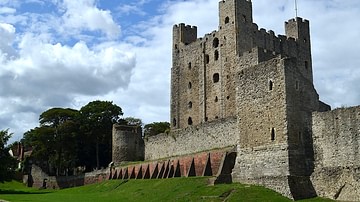
Definition
Feudalism
Feudalism was the system in 10th-13th century European medieval societies where a social hierarchy was established based on local administrative control and the distribution of land into units (fiefs). A landowner (lord) gave a fief, along...
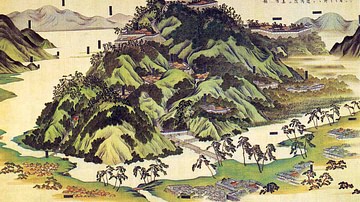
Article
Feudalism in Medieval Japan
Feudalism in medieval Japan (1185-1603) is the relationship between lords and vassals where land ownership and its use were exchanged for military service and loyalty. Although present earlier to some degree, the feudal system in Japan was...

Video
What was Feudalism in Medieval Europe?
Feudalism was a system of social society present during the high middle ages in Europe between the tenth and thirteenth centuries. Feudalism can be understood as a hierarchical society where the king owned most of the land, he would distribute...
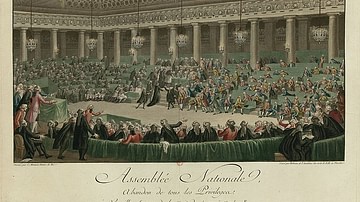
Definition
August Decrees
The decrees of 4 August 1789, also known as the August Decrees, were a set of 19 articles passed by the National Constituent Assembly during the French Revolution (1789-1799) which abolished feudalism in France and ended the tax exemption...
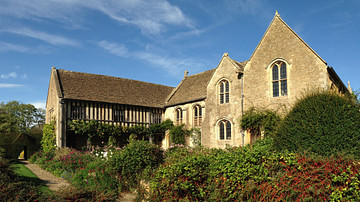
Definition
Manorialism
Medieval European Manorialism (Manorial System) was the system where rural society was arranged around a manor house or castle on an estate. The smallest units of these estates were called manors. Free and unfree labourers here worked the...
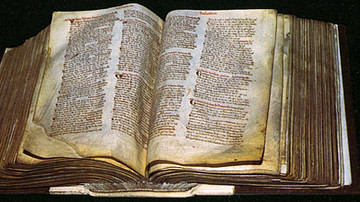
Definition
Domesday Book
Domesday Book was a comprehensive survey and record of all the landowners, property, tenants and serfs of medieval Norman England. It was compiled in 1086-7 under the orders of William the Conqueror (r. 1066-87). The record is unique in European...
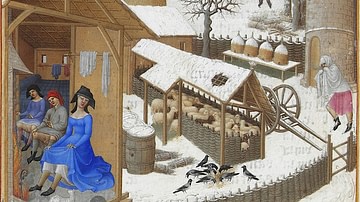
Definition
Serf
Medieval serfs (aka villeins) were unfree labourers who worked the land of a landowner (or tenant) in return for physical and legal protection and the right to work a separate piece of land for their own basic needs. Serfs made up 75% of...
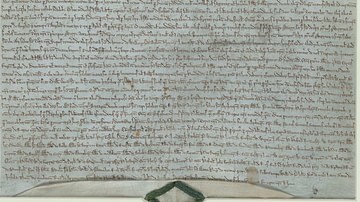
Definition
Magna Carta
The Magna Carta or 'Great Charter' was an agreement imposed on King John of England (r. 1199-1216) on 15 June 1215 by rebellious barons in order to limit his power and prevent arbitrary royal acts like land confiscation and unreasonable taxes...
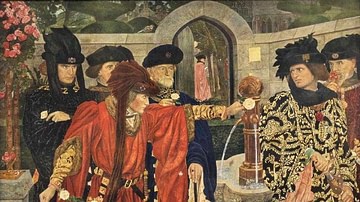
Article
Causes of the Wars of the Roses
The Wars of the Roses (1455-1487 CE) was a series of dynastic conflicts between the monarchy and the nobility of England. The 'wars' were a series of intermittent, often small-scale battles, executions, murders, and failed plots as the political...
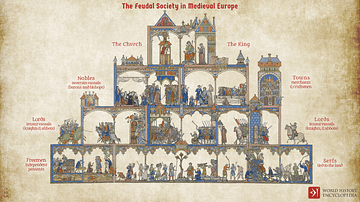
Article
Effects of the Black Death on Europe
The outbreak of plague in Europe between 1347-1352 – known as the Black Death – completely changed the world of medieval Europe. Severe depopulation upset the socio-economic feudal system of the time but the experience of the plague itself...